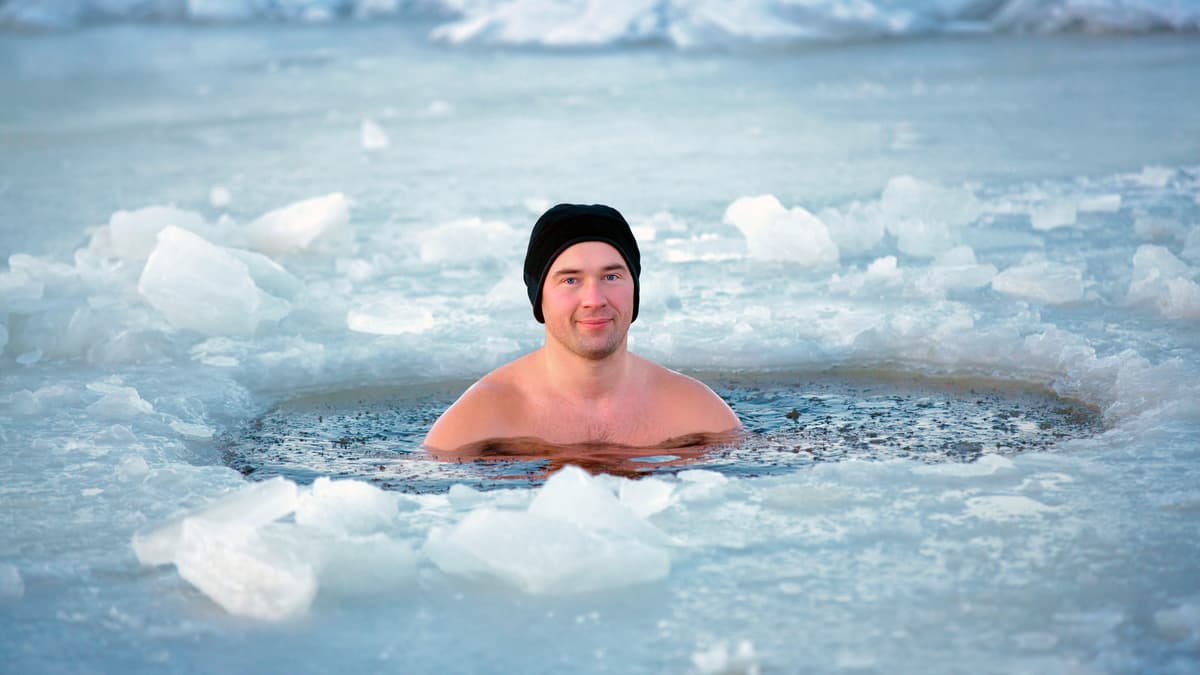Dive Into the Chill: What Freezing Plunges Really Do to Your Body

Diving into the Chill: The Science Behind Cold-Water Immersion
In recent years, cold-water therapy has surged from a fringe wellness trend to a mainstream health practice, capturing the attention of athletes, wellness enthusiasts, and medical researchers alike. Scientists are now taking a closer look at the potential benefits of plunging into icy waters, whether through brisk cold showers or full-body ice baths.
What was once considered an extreme practice is now being seriously investigated for its potential health impacts. Researchers are meticulously examining the physiological and psychological effects of exposing the body to cold temperatures, seeking to separate scientific fact from wellness hype.
From professional athletes seeking faster recovery to everyday individuals looking to boost their mental resilience, cold-water immersion has become a fascinating area of scientific exploration. The practice promises a range of potential benefits, including improved circulation, enhanced immune response, and increased mental clarity.
As studies continue to delve deeper, the scientific community is working to understand exactly how these chilly encounters might contribute to overall health and well-being. While the research is still evolving, the growing body of evidence suggests that a little cold might just be the unexpected key to unlocking better physical and mental performance.
